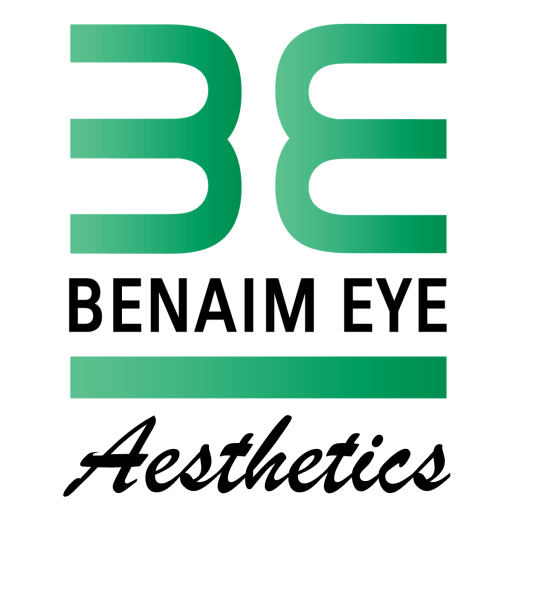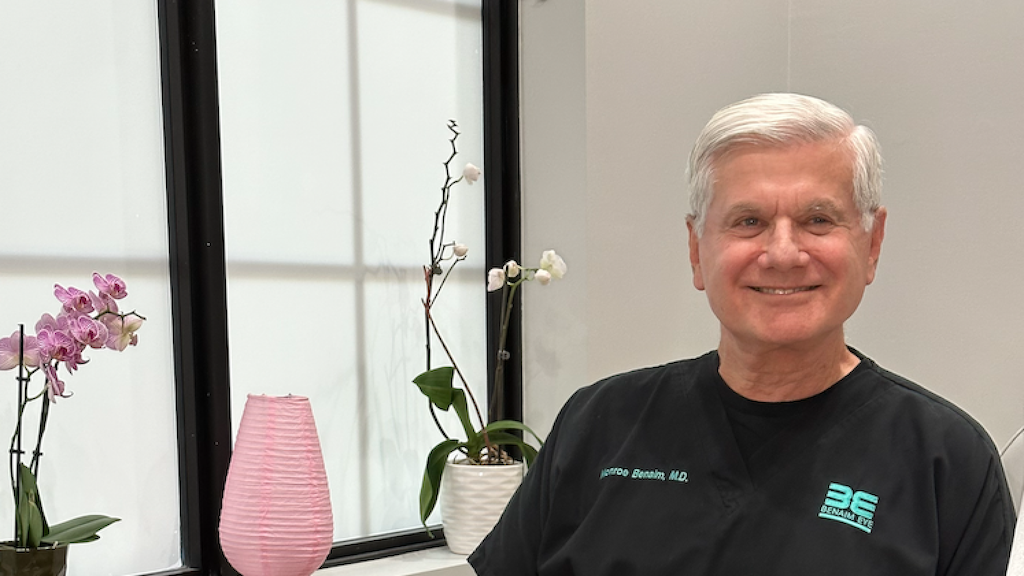 A pinguecula is a growth on the conjunctiva (the white part of your eye) that looks like a yellow spot or bump. Experts think it is caused by a combination of exposure to ultraviolet (UV) rays, wind, or dust and dry eyes.
A pinguecula is a growth on the conjunctiva (the white part of your eye) that looks like a yellow spot or bump. Experts think it is caused by a combination of exposure to ultraviolet (UV) rays, wind, or dust and dry eyes.
Pinguecula Symptoms
How can you tell if you’re experiencing pinguecula?
Your symptoms might include:
- Redness or swelling of the conjunctiva
- A yellow spot or bump on the conjunctiva
- Dry or itchy eyes, as though you have sand stuck in them
- Blurred vision
Left untreated, a pinguecula can become a pterygium (also known as “surfer’s eye” or “farmer’s eye”), growing into the cornea and blocking your vision. The name comes from the fact that many people who experience it spend long hours outside in the sun (surfers) or dusty, dry conditions (farmers).
If you experience any of the above symptoms, it’s important to see Dr. Benaim right away.
Pinguecula Treatment & Pterygium Treatment
Depending on the severity of your symptoms, Dr. Benaim may recommend an over-the-counter drop to lubricate your eyes.
This can help to provide relief from irritation. If you’re experiencing redness or swelling, Dr. Benaim might prescribe a steroid eye drop. Fortunately, the symptoms of pinguecula can often be treated with eye drops. Surgery is not typically necessary.
Mild cases of pterygium may also be treated with a lubricating or steroid eye drop. If the pterygium becomes too large, surgery may be recommended. It’s important to know that — even if a pterygium is surgically removed — it has a 30 to 40 percent chance of growing back, according to the American Academy of Ophthalmology.
In those instances, the pterygium is removed and a thin piece of normal tissue is transplanted into the impacted area. This method can help to decrease the likelihood that the pterygium will grow back.
Preventing Pinguecula or Pterygium
To prevent pinguecula or pterygium, protect your eyes from the sun with wraparound glasses or goggles. Also, when working in dry conditions, use artificial tears to keep the eyes lubricated.
For pinguecula treatment or pterygium treatment, schedule an appointment with Dr. Benaim by calling (561) 747-7777.


